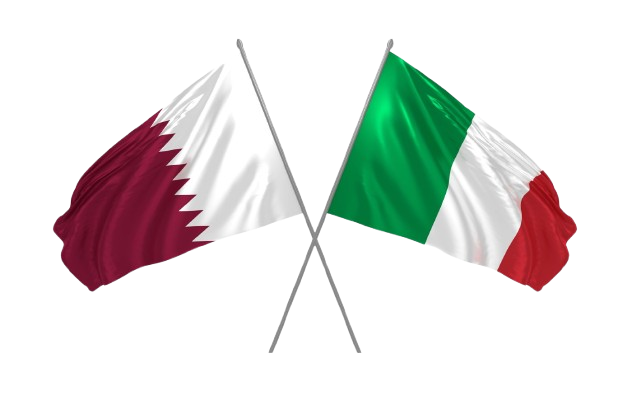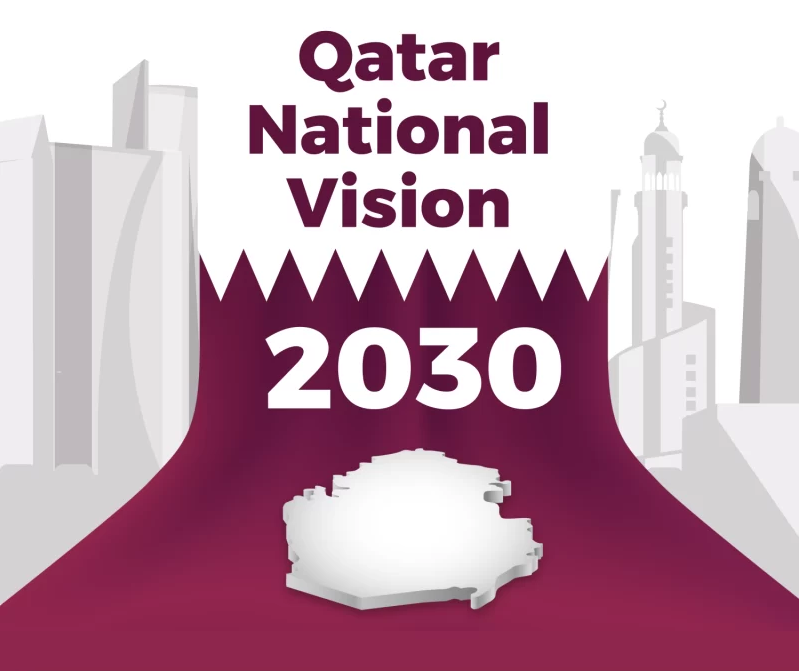QATAR NATIONAL VISION 2030
Qatar’s National Vision 2030 is a comprehensive framework aimed at transforming the nation into an advanced society capable of sustainable development. This vision is structured around four interconnected pillars: Human Development, Social Development, Economic Development, and Environmental Development.
To realize this vision, Qatar has initiated several key projects across various sectors:
1. Infrastructure Development
Doha Metro and Lusail Tram: Managed by Qatar Rail, this state-of-the-art rail network includes the Doha Metro and Lusail Tram. Since its launch in 2019, the 76-km metro has served over 2 million passengers until 2024. Complementing this, the Lusail Tram has transported over 5.5 million riders since its operation in 2022. The network has supported Qatar’s hosting of major events while driving its urban development and sustainability goals.
Hamad Port: As part of the National Vision 2030, a $7.4 billion project was launched in 2010 to construct Hamad Port near the Mesaieed Industrial Area. Operational since December 2016, the port covers an area of 26 square kilometers and enhances Qatar’s trade capabilities.
2. Sustainable Economic Growth
North Field Expansion: Qatar is expanding its liquefied natural gas (LNG) production capacity through the North Field Expansion Project. Plans are underway to boost LNG production capacity to 142 million tonnes per annum before 2030, representing a nearly 85% increase from current levels. This expansion aligns with the Qatar National Vision 2030 by strengthening the hydrocarbon sector while diversifying the economy.
Free Zones: To attract foreign investment and promote innovation, Qatar has established several free zones, including the Qatar Free Zone (QFZ), Qatar Financial Centre (QFC), and Qatar Science & Technology Park (QSTP). These zones offer a highly favorable business environment with incentives such as 100% foreign ownership, tax exemptions, and state-of-the-art infrastructure. For instance, the Ras Bufontas free zone focuses on technology and logistics, while Um Alhoul specializes in maritime industries and logistics.
3. Urban Regeneration
Msheireb Downtown Doha: This project is the world’s first sustainable downtown regeneration initiative. Located in the heart of Doha, it covers 310,000 square meters and aims to preserve the historical downtown area while incorporating modern, sustainable design principles. The development includes residential, commercial, and cultural spaces, all designed to achieve high environmental standards.
These projects, among others, exemplify Qatar’s commitment to achieving the objectives outlined in its National Vision 2030, fostering a balanced and sustainable development across all sectors.

